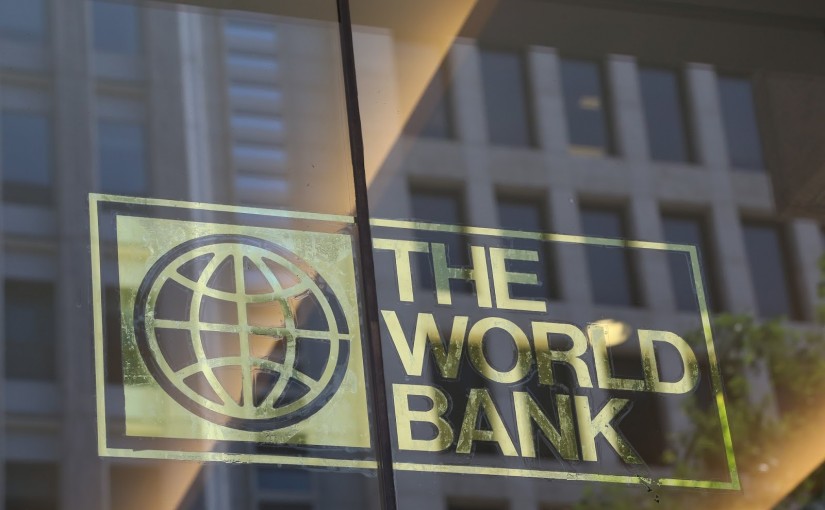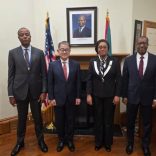Mozambique: Government denies cancelling '13th month'
World Bank Announces Budget Support

In File Club of Mozambique.
The Executive Board of the World Bank has approved funding of 70 million US dollars to Mozambique, as direct support to the 2016 state budget and to the government’s five year programme.
According to a World Bank press release, the Board took this decision on Tuesday. The money comes from the International Development Association (IDA), the member of the World Bank group that provides soft loans to developing countries. 50 per cent of the money takes the form of a soft loan, while the rest is a grant.
The release states that the funding “is provided under the Eleventh Poverty Reduction Support Credit program that supports the Government’s programmatic reform agenda agreed upon with the World Bank in the context of general budget support”.
The Bank notes Mozambique’s high rates of economic growth in recent years, averaging over seven per cent a year for two decades but warns “there has been relatively little structural transformation in the economy resulting from that growth pattern”.
In particular, industrialization has not occurred. The release notes that “the share of the manufacturing sector contribution to the economy grew from 13 percent in the early 1990s to only16 percent in the early 2000s, and fell to 10 percent in 2010-14”.
The World Bank has also discovered, rather belatedly, that growth in a country’s gross domestic product does not automatically improve the living conditions of the poor. The release states that “recent strong growth has had limited effect in poverty reduction”.
It cites the World Bank country director for Mozambique, Mark Lundell, as saying “Mozambique widely recognizes the need for a shift in the country’s development paradigm toward one that is broad based and inclusive”.
He claimed that the Poverty Reduction Support Credit (PRSC) “assists Mozambique’s efforts to improve its business climate, unleash the country’s ability to sustain an inclusive economic growth, and create jobs; key elements for tackling poverty reduction more effectively.”
This PRSC is also intended to assist Mozambique in implementing reforms aimed at strengthening social protection, enhancing public finance management, and improving transparency and management in extractive industries, the release adds.
The World Bank lead economist for Mozambique, Julio Revilla, claimed that “Reforms aimed at improving regulatory regime for extractives help promote investments in the sector. The revised fiscal regime ensures that the Government is able to capture a fair share of the rents generated. Likewise, greater transparency in the use of natural resources revenues will contribute to a more judicious use of resources and sharing of benefits”.












Leave a Reply
Be the First to Comment!
You must be logged in to post a comment.
You must be logged in to post a comment.